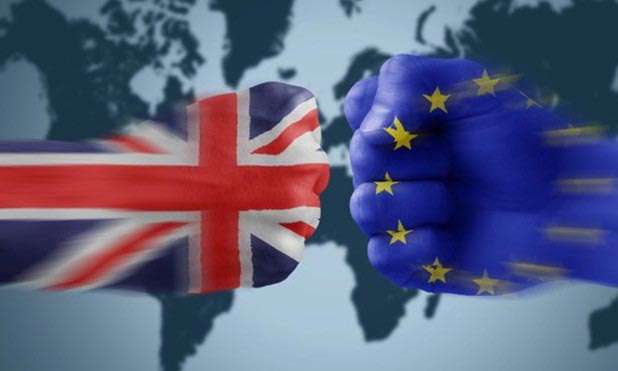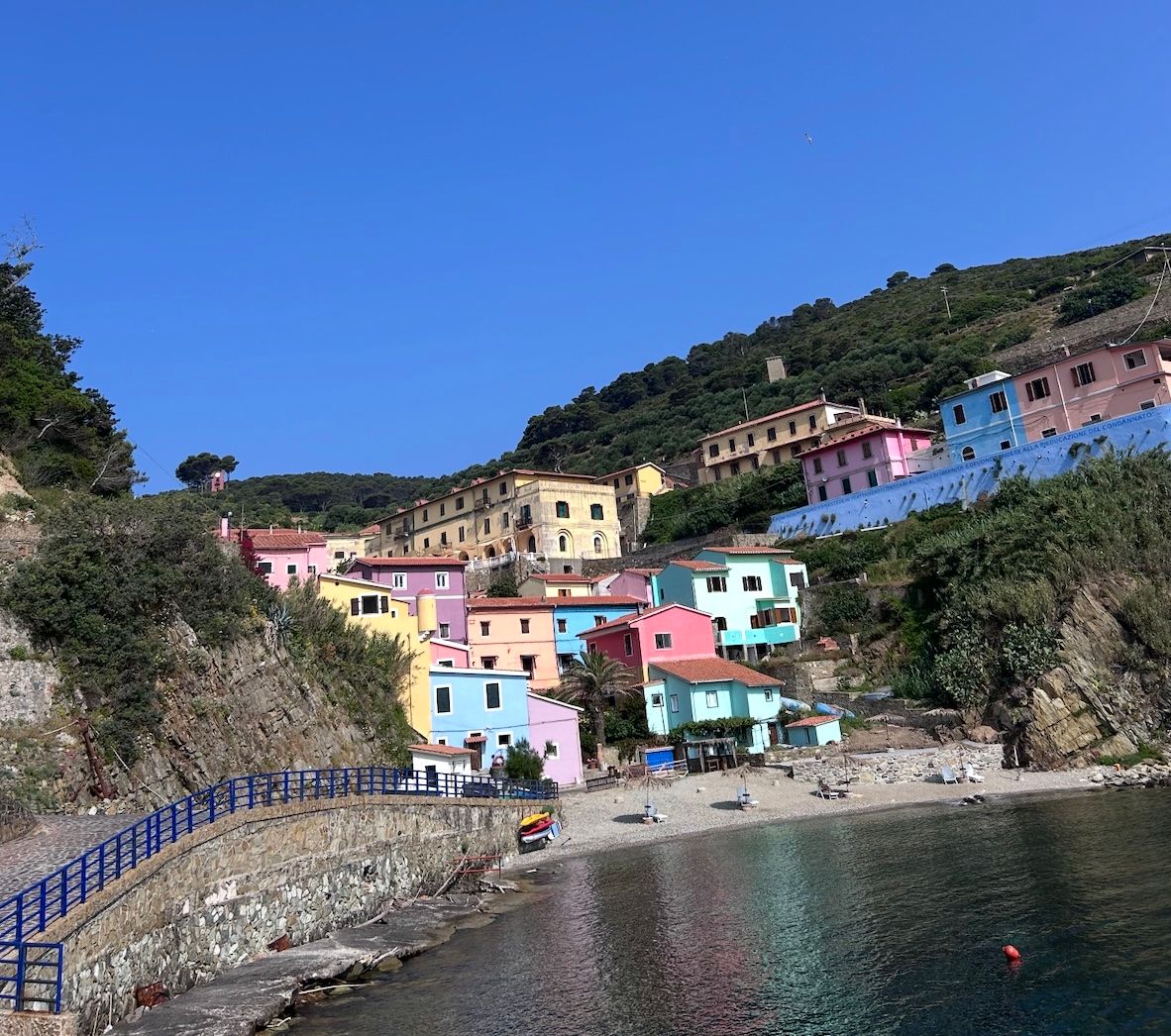The overall Brexit negotiations might seem a little detached from the day-to-day cut and thrust of the UK wine industry, but what trade arrangements are agreed with the key wine producing countries will dictate how the wine industry operates for years to come.
We’re coming towards the end of May and once again the London Wine Fair is taking place against a backdrop of intense political debate and electioneering.
Twice in two years the British electorate will be asked to go to the ballot box next month and vote. Compared to last year’s EU referendum this year’s campaign feels far more familiar as we are having a good old General Election, red versus blue, yellow versus green versus…well you get the picture.
The vote on whether we should or not stay in the European Union might have been a simple question to ask, but has proved the most divisive one to answer, never mind deliver.
Nearly 12 months on we might all know we are going to be leaving the EU, but we are no way clearer about what that will actually mean in reality.
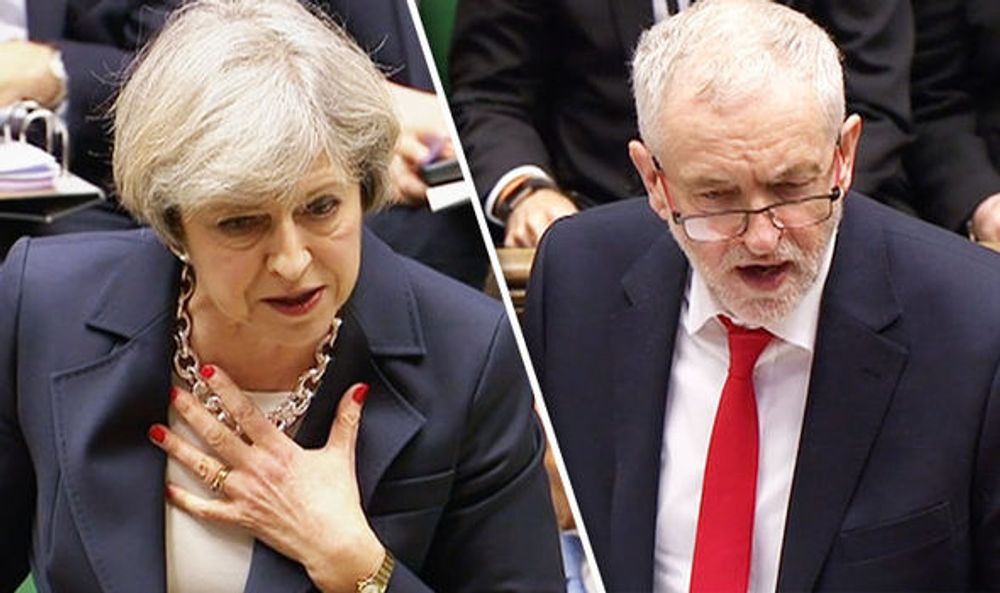
Voting for which Prime Minister you want is a lot more clear cut than knowing what sort of Brexit you are going to get for voting to leave the EU.
At least when we vote in a General Election we know what we are going to get. Either the same Prime Minister in charge or another trotting off to see the Queen, with David Dimbleby in their wake.
But with Brexit we have not even started the negotiating process to leave and won’t actually do so for another 22 months or 676 days. Deal or no deal.
So it’s very easy to put the whole Brexit issue on the back burner and worry about it when it comes along.
Long term plans
But when you consider how far in advance most major wine distributors and retailers work in souring and securing their supplies of wine then there is not a lot of wiggle room to be had.
In wine trade terms its two global harvests down the line, two volumes of crop for worldwide producers to produce and sell.
For those trading in wine the Brexit effect is already very much alive and kicking thanks to the impact the UK’s decision to leave the EU had on the currency markets last summer and the de-valuing of sterling by up to 20%.
The UK and global wine industry did not have to wait for Article 50 to be triggered to be hit in the solar plexus by Brexit, the rate of sterling has done that ever since. A year ago in May wine deals were being done based on sterling being $1.46 against the dollar and around €1.30 against the euro. Twelve months later and it is a completely different picture with £1 only now worth $1.28 and €1.17 respectively.
Changing dynamics
Some wine countries have benefited from the fall in currency and others have been hit, but the bottom line for the UK wine industry is that wine since June 2016 has been more expensive to import and sell in this country.
There are those in the trade who see this as a blessing in disguise. Firstly ithas meant every wine importer and distributor has justifiably been able to show its customers that it has had to put its prices up. Secondly the wider impact of increased prices for food and other every day items means the issue of price increases is becoming more widely understood and accepted not just within the trade, but by the average consumer.
Mintel research out this week shows that British consumers are bracing themselves for an expensive and uncertain post-Brexit future. Up to 80% expect prices to rise on household essentials such as food, drink and clothing, according to Mintel’s British Lifestyles report.
Poor harvests hit prices

A global shortage of grapes has pushed up prices just as sterling value has dropped
The Brexit vote also coincided with one of the worst global harvests for wine following bad weather in most major wine producing countries. The OIV estimates the overall global 2016 wine crop was around 3-5% down on average, to one of the lowest levels in the last 20 years. But the situation was much worse in countries such as Argentina (down by up to 35% in some areas), and Chile (down around 20%) or major regions such as Burgundy (down by up to 25%) and the Loire (down around 25%).
All of which has had a knock on effect on the price of grapes from around the world. Wines in demand last year are off the radar this.
Major shortages in Argentine Malbec, for example, have forced buyers to travel the world for alternatives. Whilst Australia was the place to go for volume Shiraz in 2015, its higher than average 2016 vintage, pushed prices up and sent buyers off to countries such as Moldova to hit the same price points.
The ramifications of the UK leaving the EU will affect every serious wine producing and exporting country in the world.
UK is strategically important
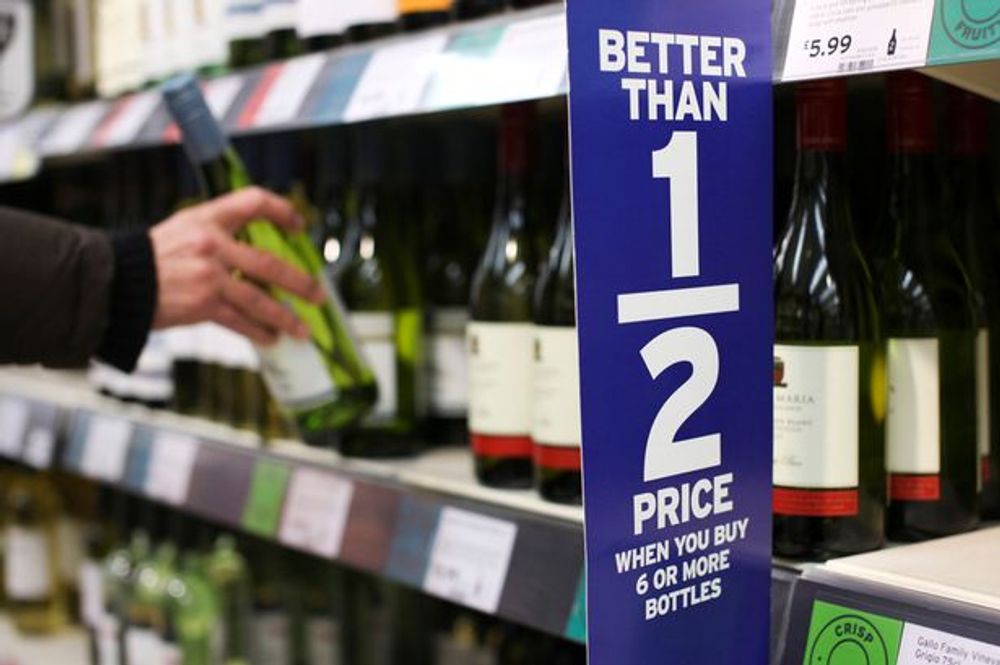
UK supermarkets will continue to have a massive influence on the global wine industry
The UK might get a bad press, a lot of it which it creates itself, for being a difficult market to work in. Its excessive duty regime and fixation on hitting uncompetitive price points means there area lot less profits to be had selling wine to the UK than there are to countries such as China and the US.
But the UK remains an enormously important market for the global wine trade. It remains in the top top five, if not top three most important export markets for countries right around the world. Particularly the New World and South America, New Zealand, South Africa and Australia.
Then there is the EU where not only do overall countries rely on the UK to buy up its wines – at all price points – but some of its most famous regions, notably in France with Champagne, Burgundy, Bordeaux, the Loire (the list goes on) all have the UK right near, if not top, of their agenda.
What’s more major global wine producers have long standing relationships and distribution networks in the UK that have they spent years and many miles of shoe leather building up. You can’t just switch all your supply to a more lucrative market like China, with all its distribution issues, and expect to make up the difference.
For those producers heavily involved in bulk wine then the UK is a strategically important bottling market. With an increasing number of wines shipped to the UK to be bottled and then exported to other countries, particularly in Europe.
Which is why the world of wine needs to follow the Brexit negotiations very closely indeed. For whatever is decided in the corridors and meeting rooms of Brussels and Strasbourg will have ramifications all the way down to the global supply chain.
What might happen?
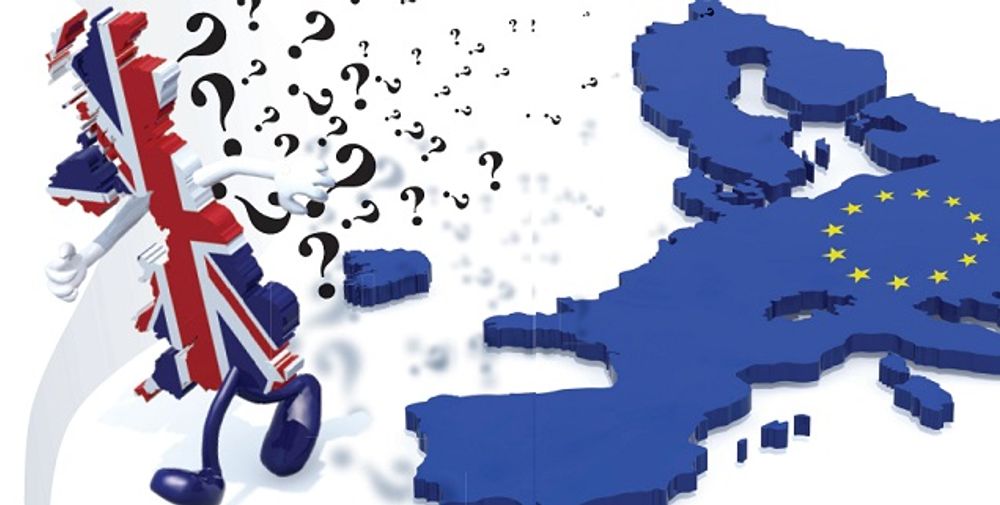
How we can all start planning for Brexit…
But we don’t have to wait until March 29, 2019 to find out what Brexit will mean to the global wine trade. There are actually more ‘knowns’ in how it might all play out than we might think.
It all essentially rests on the WTO (World Trade Organisation) tariffs that all goods in to the UK will fall under once the UK leaves the EU. With some exceptions, and it is in those grey areas that some countries can start planning some course of action at least.
Here is how it could play out, post Brexit.
Any wine imported in to the UK from any country will now come under the jurisdiction of WTO tariffs. Unless there is a deal struck between the UK and EU that negates it, but trade experts believe the WTO agreed tariffs are likely to be the ones used.
There are currently three tiers of WTO tariffs that the EU uses as part of its WTO membership for wines imported in to the EU from anywhere in the world. These are the tariffs that the UK is expected to continue using unless any alternative arrangement is struck. These are:
- €32 per h/l for sparkling wine
- €13.1 h/l for still wine (less than 13% abv)
- €15.4 h/l for still wine (over 15% abv
If the UK does not agree a free trade agreement with the EU post Brexit then these tariffs would be added to all EU wine coming in to the UK.
The Wine & Spirit Trade Association in the UK estimates that effectively it will mean around an extra 10p being placed on a bottle of EU still wine and 22p on a bottle of sparkling wine, dependent on its abv.
But when you factor in currency rates – and the current weakness of sterling – and any duty rise that is likely to come in during 2019 then wines from the EU to the UK are going to be a lot more expensive. Whether they’re being shipped in bottle or in bulk.
Outside of the
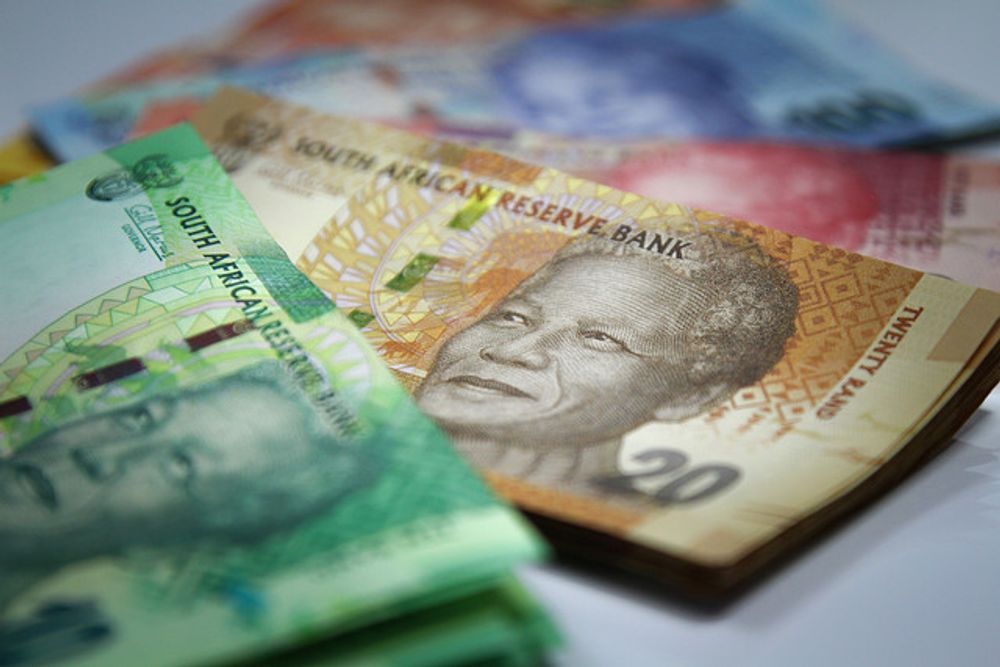
The UK could agree a separate deal with South Africa, Chile and Argentina as they are seen as UN developing economies
Outside of the EU then things are a bit more complicated. They could in some instances be a little brighter because the UK can do “better than WTO standard” trade deals once it has completed its negotiations with the EU, deal or no deal.
But note. Currently Chile has negotiated a free trade agreement with the EU. The UK would either have to agree to honour that or come up with a separate agreement.
South Africa currently enjoys limited tariff-free access through a quota system in to the UK and this will also have to be re-assessed post Brexit.
Chile, South Africa and Argentina are also designated UN developing economies so the UK could agree to a unilateral tariff concession to allow wines to enter tariff free, but it is far from a given.
For developed wine producing countries like the US, Australia and New Zealand the opportunity would be there to strike a free trade agreement post Brexit.
There are also the non-tariff benefits that Australia and the US have negotiated with the EU around winemaking practices that could also be in threat once the UK leaves the EU without any individual deals being struck on those. This does not include New Zealand.
So while there is a lot of wine to be made, sold and drunk before the UK finally leaves the EU, there is a lot to be done behind the scenes making sure we are ready and waiting once we have. Regardless of which Prime Minister we may wake up to come June 9.
- This is an extended and adapted version of an article published on Vinex, the global trading bulk wine website.
